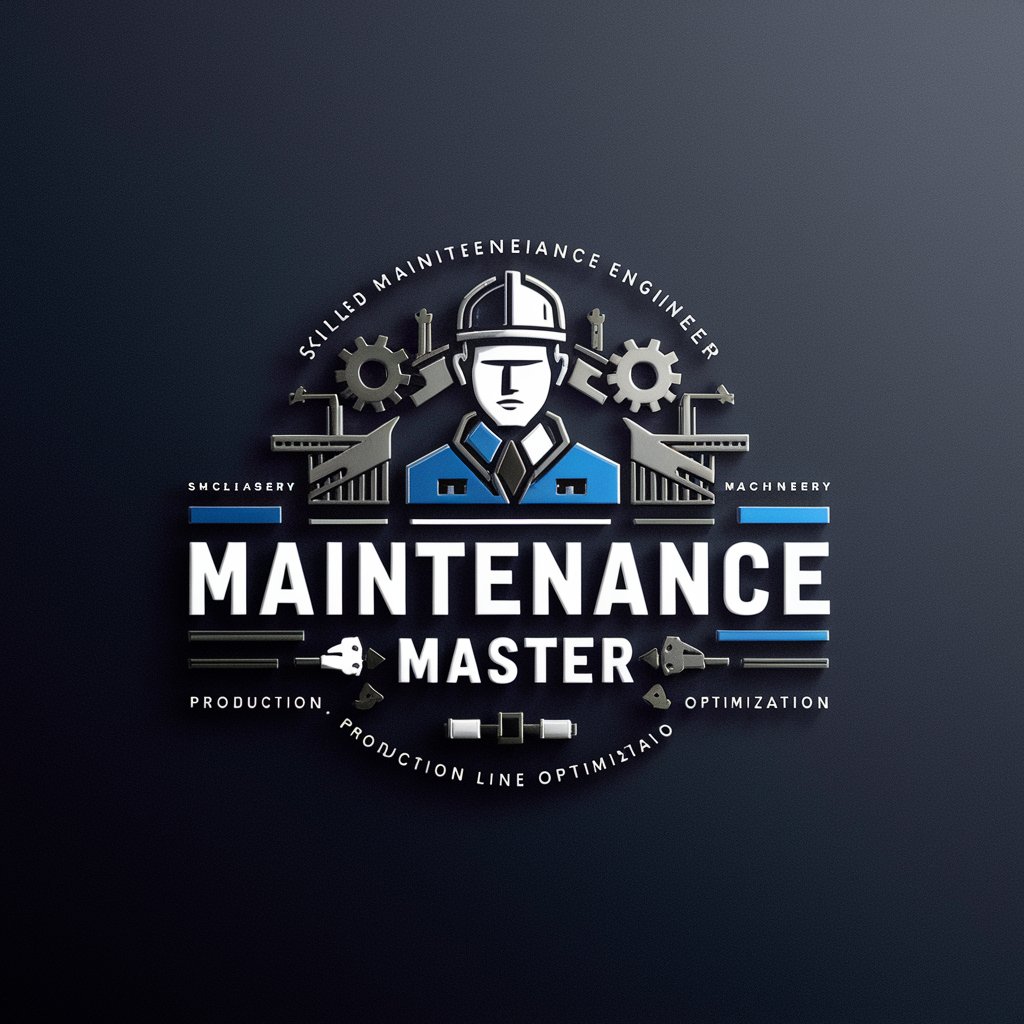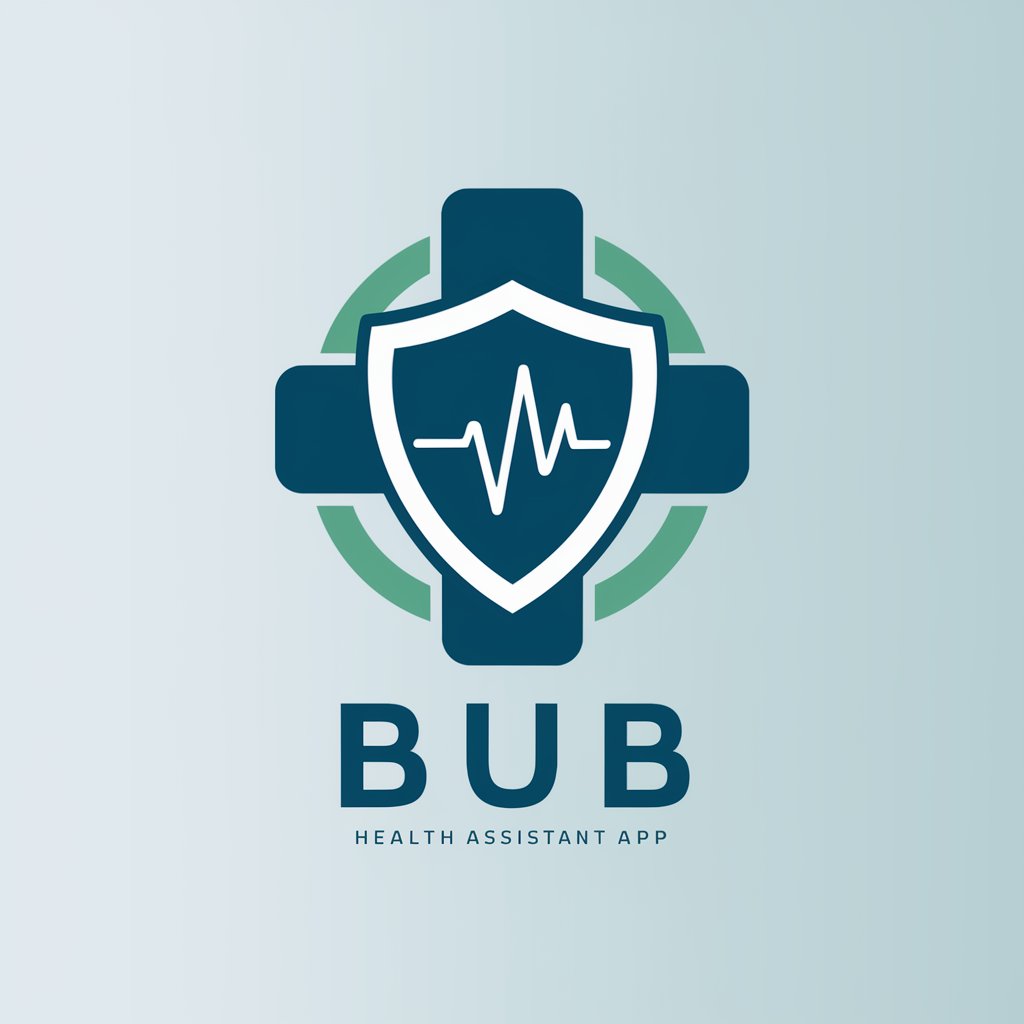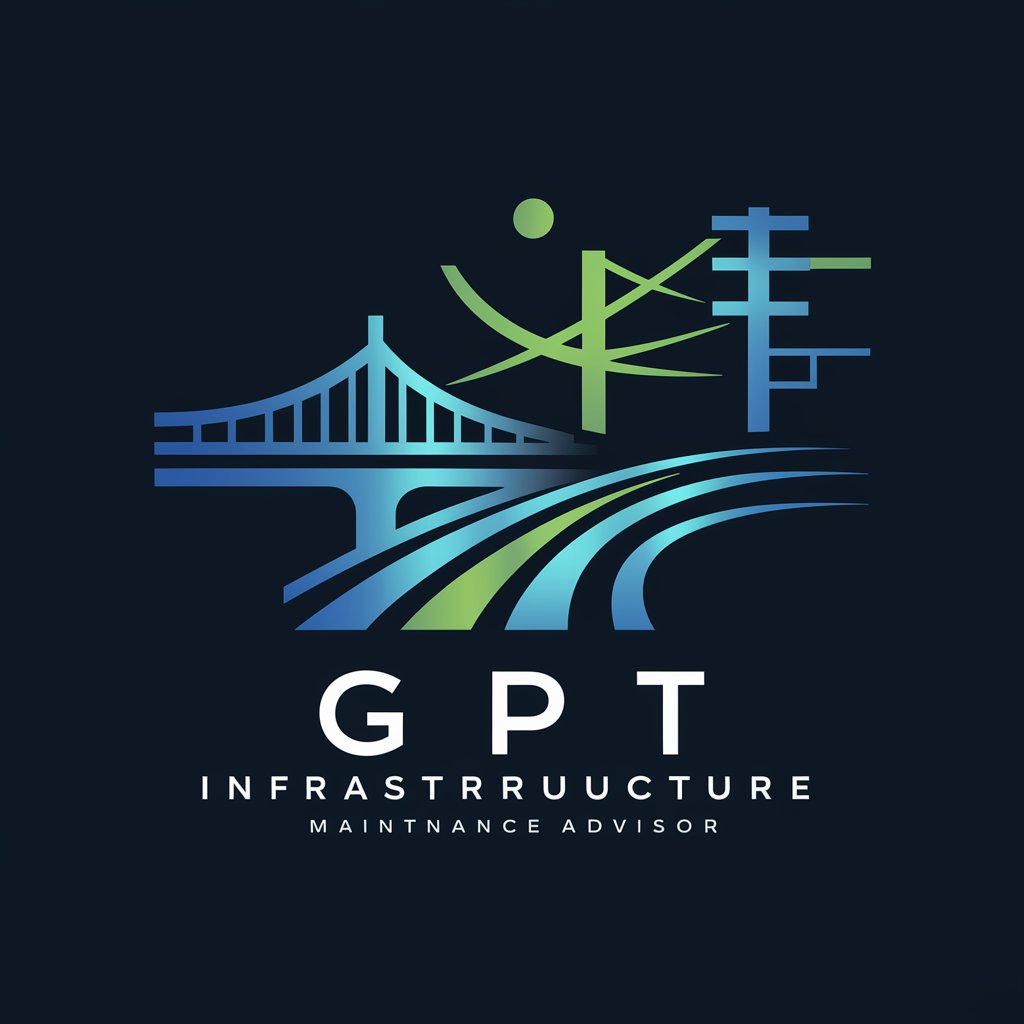
Maintenance and Health Monitoring - Predictive Maintenance Insights
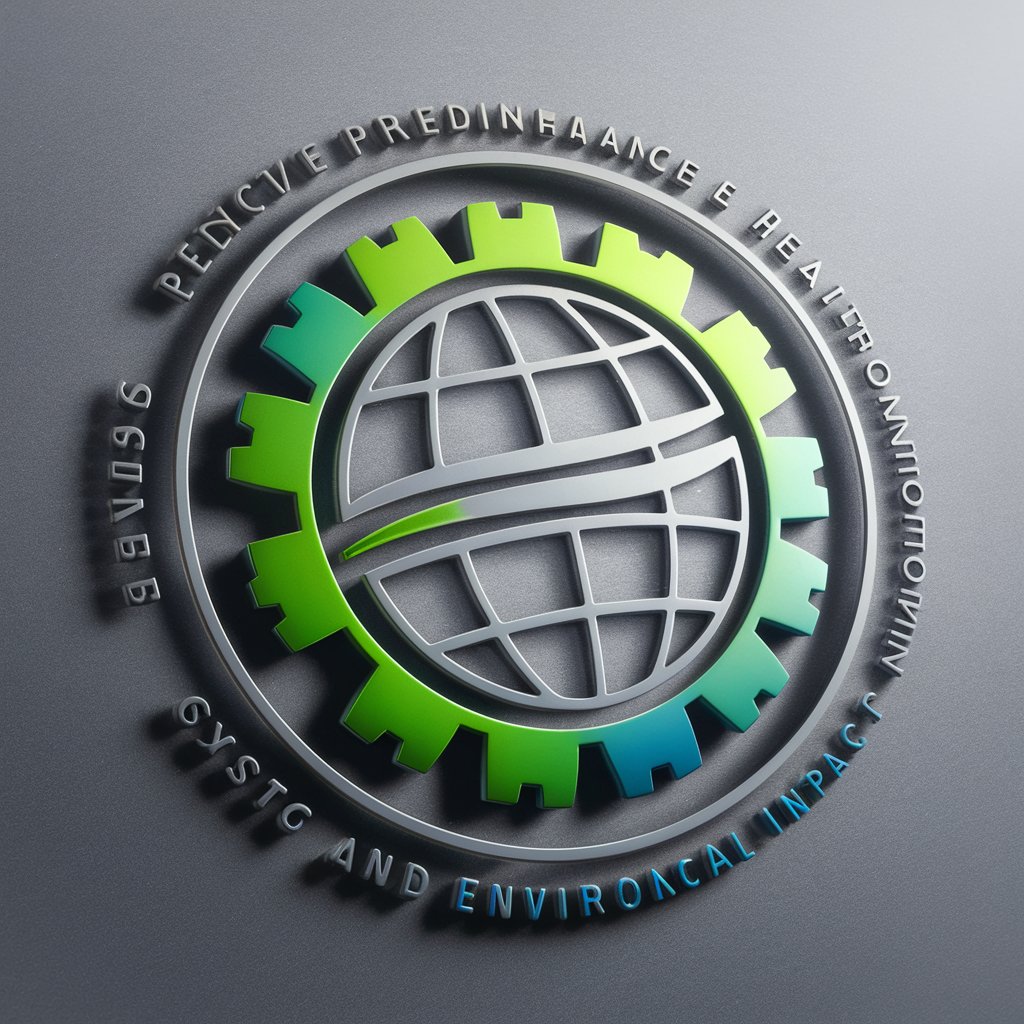
Welcome! Let's optimize and monitor your systems for peak performance and sustainability.
AI-Powered Maintenance and Monitoring
Describe a scenario where predictive maintenance prevents a system failure...
Explain the importance of environmental impact monitoring in industrial systems...
How can internationalization enhance global usability in health monitoring systems?
What are the key benefits of integrating health monitoring in predictive maintenance?
Get Embed Code
Overview of Maintenance and Health Monitoring
Maintenance and Health Monitoring encompasses a set of technologies and methodologies aimed at ensuring systems, machinery, and equipment operate efficiently, safely, and with minimal downtime. The primary design purpose is to predict potential failures before they occur and to monitor the operational health of systems in real time. This is achieved through the collection and analysis of data from various sensors and systems, enabling predictive maintenance strategies. For example, in an industrial setting, vibration analysis and thermal imaging might be used to predict bearing failures in motors. In a software context, system logs and performance metrics could be analyzed to predict and prevent potential system crashes or slowdowns. These capabilities allow for the scheduling of maintenance activities at optimal times, thus reducing operational costs and extending the lifespan of equipment. Powered by ChatGPT-4o。

Core Functions of Maintenance and Health Monitoring
Predictive Maintenance
Example
Using vibration analysis to predict bearing failures in industrial motors.
Scenario
In a manufacturing plant, sensors detect an abnormal vibration pattern in a critical motor. The system analyzes the data, predicts a potential bearing failure, and alerts maintenance personnel to schedule repairs during planned downtime, avoiding unexpected breakdowns and production losses.
Real-time Health Monitoring
Example
Monitoring the performance and health of a cloud-based application in real-time.
Scenario
A cloud service utilizes health monitoring tools to continuously assess the performance of its infrastructure. By analyzing metrics such as response times and system resource usage, it can detect and mitigate issues like memory leaks or server overloads before they impact users.
Environmental Impact Monitoring
Example
Tracking emissions and energy usage in industrial operations.
Scenario
An industrial facility employs sensors and analytics to monitor its carbon emissions and energy consumption. This data helps the facility to identify areas where it can reduce environmental impact, comply with regulations, and improve sustainability practices.
Internationalization and Localization
Example
Adapting software systems to different languages and regional settings.
Scenario
A global software platform uses localization tools to adapt its user interface and content to multiple languages and cultural norms, enhancing accessibility and user experience for a diverse international user base.
Target User Groups for Maintenance and Health Monitoring Services
Manufacturing Industries
These users benefit from predictive maintenance and health monitoring by minimizing downtime and extending the life of machinery. The ability to predict failures before they happen and schedule maintenance accordingly can significantly reduce operational costs and improve productivity.
IT and Cloud Service Providers
For IT infrastructure and cloud services, real-time health monitoring ensures high availability and performance of services. Predictive maintenance can help in pre-empting hardware or software failures, thereby maintaining service quality and customer satisfaction.
Environmental Management Organizations
Organizations focused on sustainability and environmental impact benefit from monitoring tools that track emissions, energy usage, and other environmental metrics. This enables them to make informed decisions to reduce their carbon footprint and comply with environmental regulations.
Global Software Enterprises
Enterprises that serve a global customer base benefit from internationalization and localization functions, ensuring their products are accessible and usable across different languages and cultural contexts, thus expanding their market reach and enhancing user engagement.

How to Use Maintenance and Health Monitoring
Start Your Journey
Begin by visiting yeschat.ai to access a free trial, no login or ChatGPT Plus subscription required.
Identify Your Needs
Determine the systems or processes you wish to monitor, such as machinery health, environmental impact, or system performance.
Configure Alerts
Set up custom alerts for potential issues or maintenance needs, ensuring you're notified before problems escalate.
Analyze Data
Use the dashboard to analyze real-time data and insights, helping you make informed decisions about maintenance and monitoring.
Optimize Operations
Leverage predictive analytics to schedule maintenance, reduce downtime, and improve system efficiency and sustainability.
Try other advanced and practical GPTs
Pun
Elevate Language with AI

说书人
Empower your stories with AI.

Customer Research Analyst
Unlock insights from customer feedback
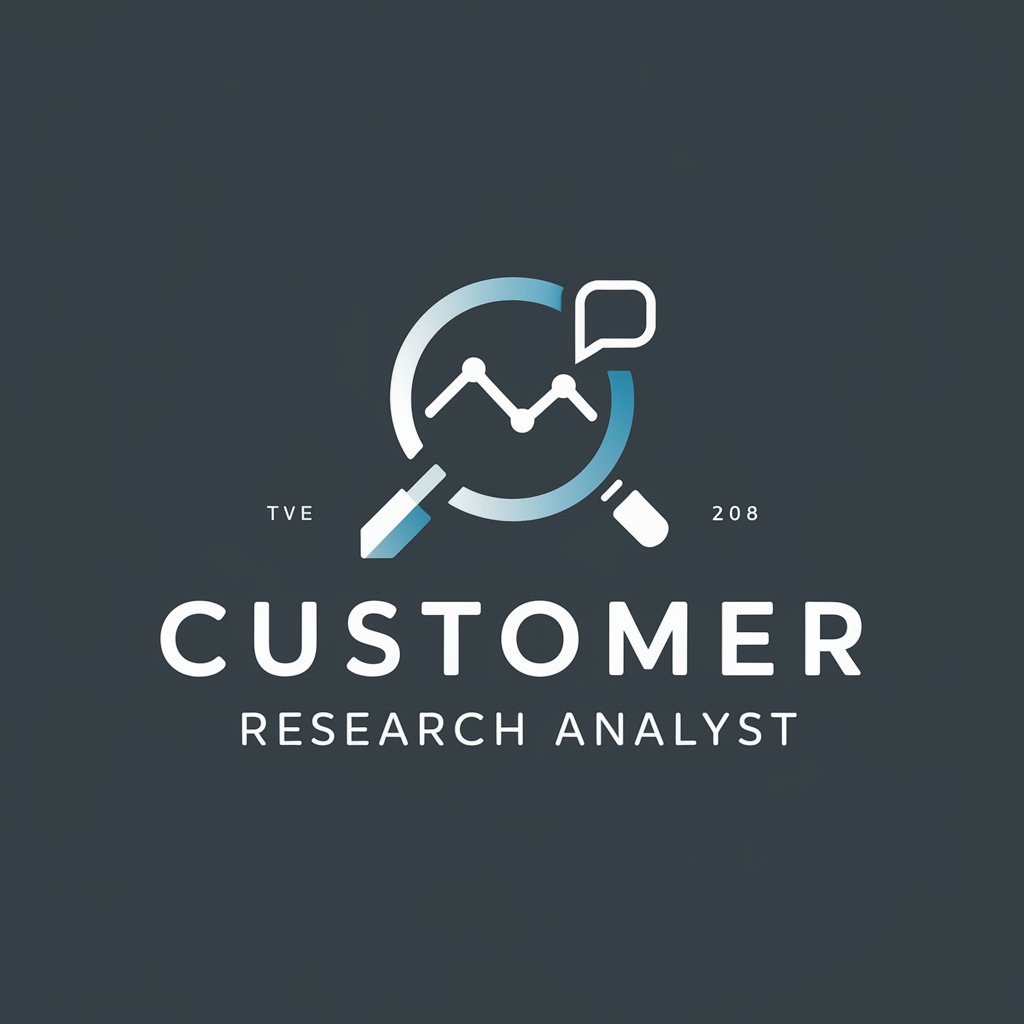
Infinite Fusion Calculator Official Fan-Based
Unleash creativity with AI-powered Pokémon fusions.

Review Mining GPT
Unveil customer insights with AI power.

Interview Prep Assistant
AI-Powered Interview Mastery

Ai Bloodwork Analysis
Empowering Health Decisions with AI
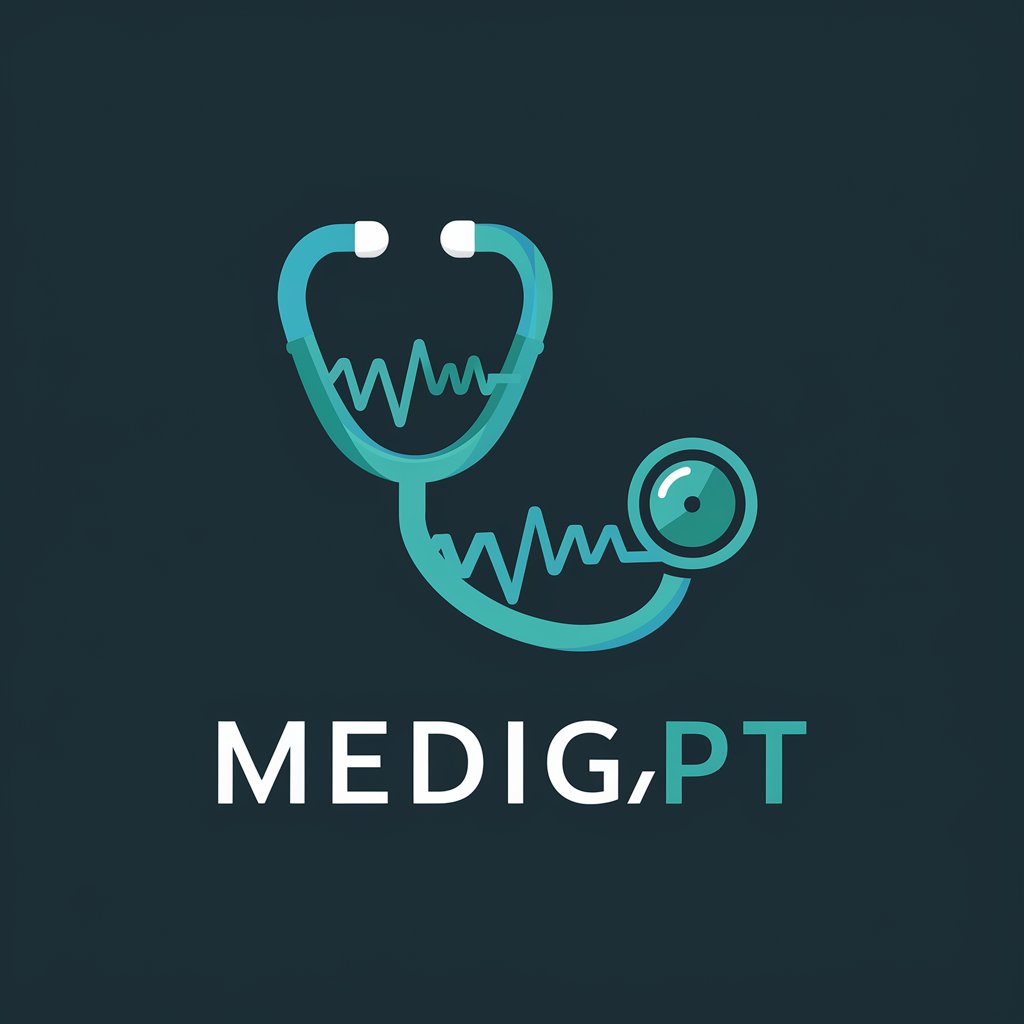
Crypto Bug Hunter
Unlock Blockchain Security with AI

易经旺运头像
Harness AI to Elevate Your Fortune

Lucky Avatar
Harmonize your digital presence with ancient wisdom.

Tikitoki Video Script Creator Multilingue
Craft Captivating Scripts with AI

CryptoSphere GPT
Empowering Blockchain Understanding with AI

FAQs on Maintenance and Health Monitoring
What is Maintenance and Health Monitoring?
It's a system that uses AI to predict and monitor the health and performance of various systems, aiming to preemptively identify issues and optimize maintenance schedules.
How can predictive maintenance save costs?
By identifying potential issues before they lead to system failure, predictive maintenance can reduce unexpected downtime, extend equipment life, and lower repair costs.
Can this tool monitor environmental impact?
Yes, it's equipped to track and report on the environmental footprint of your operations, promoting sustainable practices through data analysis and insights.
Is technical expertise required to use this tool?
While having some technical knowledge is beneficial, the tool is designed with a user-friendly interface that allows non-experts to easily navigate and utilize its features.
How does the tool adapt to different industries?
The tool is customizable to suit various sectors by allowing users to set specific parameters and alerts relevant to their industry, from manufacturing to energy to transportation.

